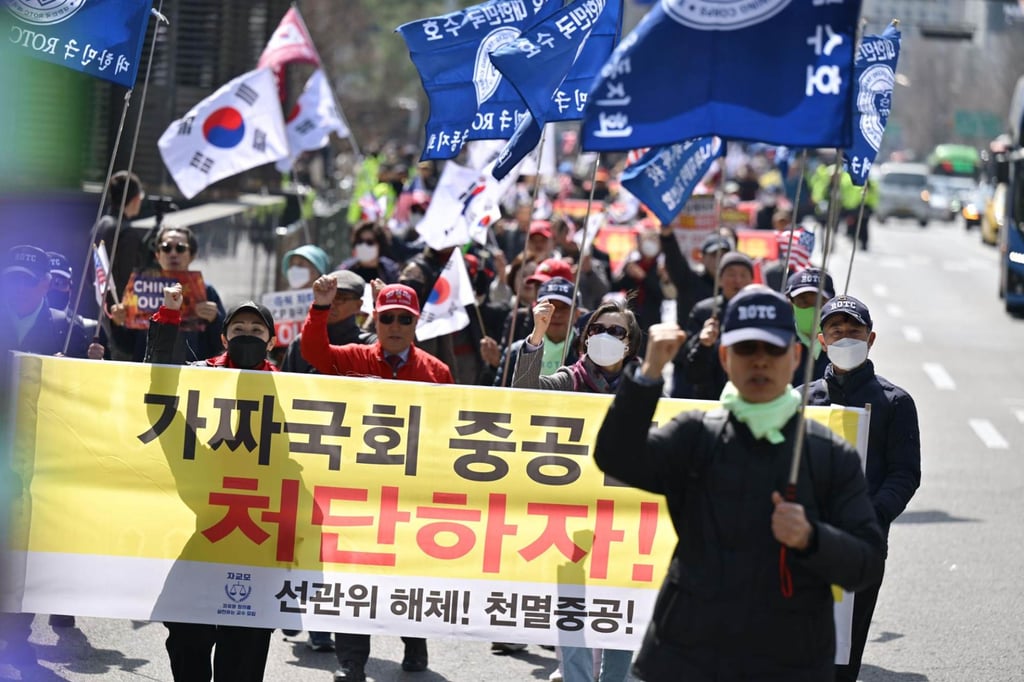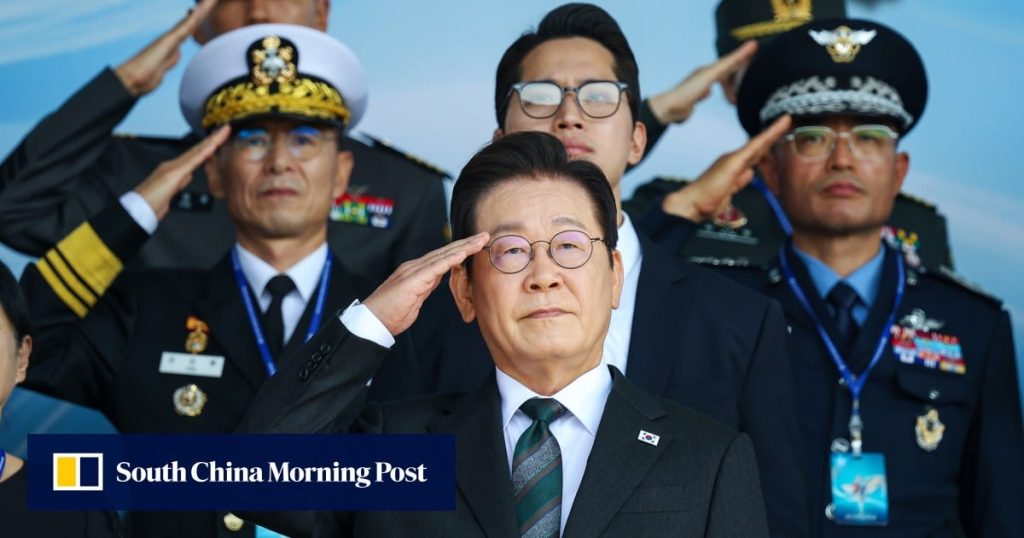China’s “golden week” holiday was an exceptionally busy time for the South Korean capital, with Chinese tourists streaming into the city’s shopping districts under a new visa-free scheme.
At the same time, the country’s diplomatic machinery was setting the stage for the Apec summit, an event that gets under way later this month and is expected to see the first visit by a Chinese president to the country in 11 years.
Only four months into his term, South Korean President Lee Jae-myung seemed to have an opportunity to achieve a long-awaited improvement in Seoul’s relations with its largest trading partner, Beijing.
But, just as everything appeared to be falling into place, a potentially serious stumbling block emerged. A wave of anti-China demonstrations across the city and in front of the Chinese embassy gained enough traction that Beijing issued a rare warning to Chinese tourists in the city.
The protests stem from Beijing’s punitive economic measures against South Korea over the deployment of an advanced US anti-missile system in 2016, as well as lingering conservative sympathy across the country for the former president who was toppled over a chaotic attempt to impose martial law last year.
Lee ordered strong measures to curb the rallies but observers say the fierce resentment will continue to hound the president, who is seen to be more friendly to Beijing than his predecessor, adding to public anxiety in the South about North Korea.



